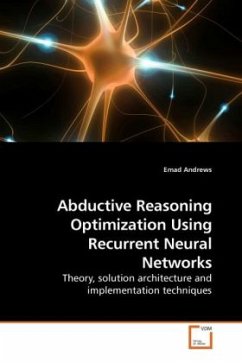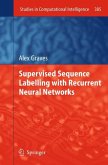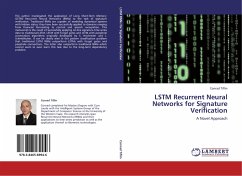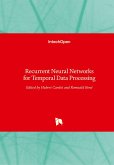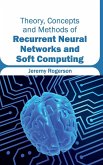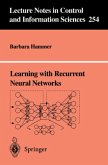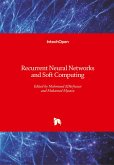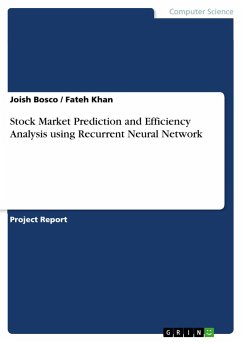Reasoning under uncertainty is a unique capability of human beings. Reasoning under uncertainty in AI is concerned with automated reasoning using contradicting or inconsistent information. That requires using more expressive forms of logic like higher-order logic, or using numeric representations for uncertainty like Bayesian Networks (BN), or Cost-Based Abduction (CBA). Abduction is Inference to the best explanation which may result in many explanations. CBA is an important AI formalism for representing knowledge under uncertainty to enable us to choose among those explanations. In CBA, the data to be explained is treated as a goal that is necessarily true, and it is to be proven through a set of assumable hypotheses. The optimal solution for a given CBA instance, which is the best explanation, is the one associated with the Least Cost Proof (LCP). Finding LCP for a given CBA system is NP-Hard. Current methods suffer from exponential complexity, in the worst case. This book, therefore, provides a novel scalable and noise tolerant method using High Order Recurrent Neural Network (HORN) to solve CBA. Our work shows that HORN is a very promising method for solving NP-Hard problems.
